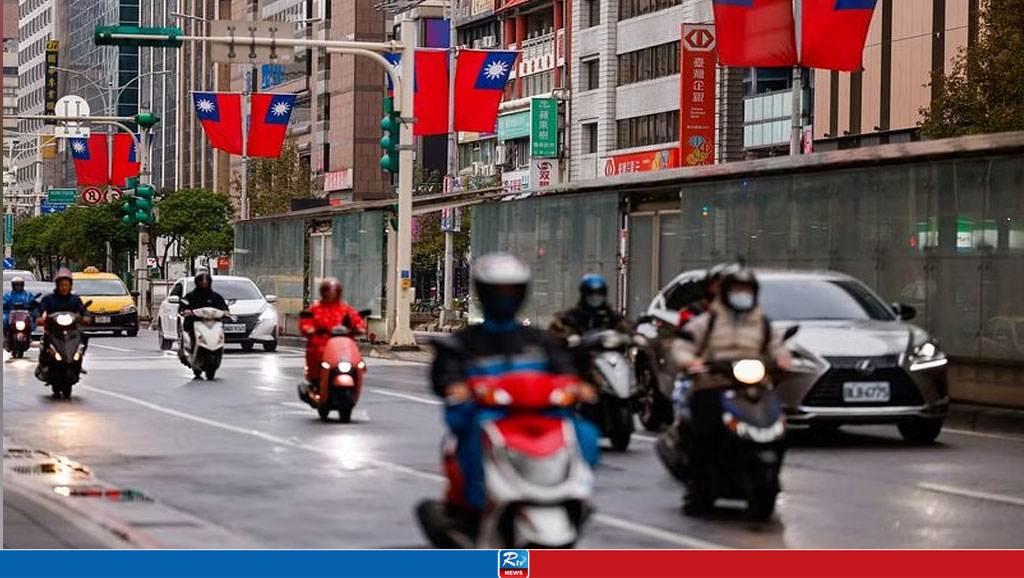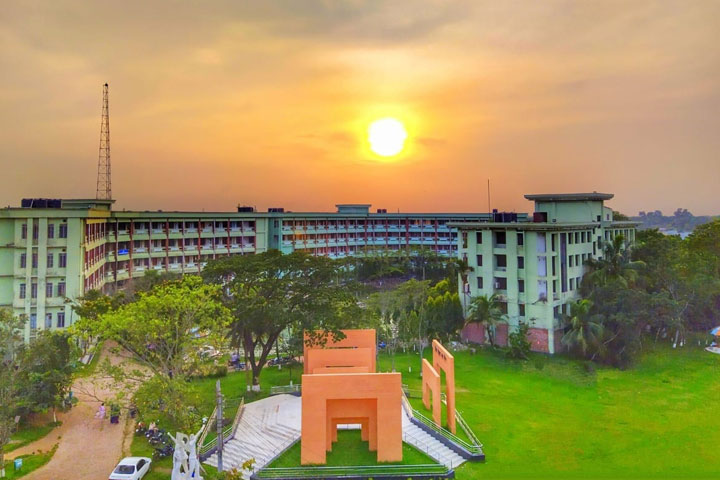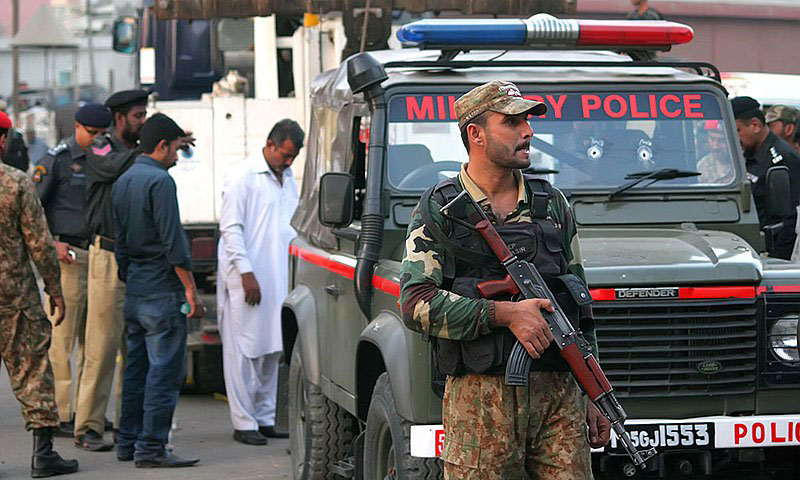Eastern allies haven't abandoned hopes for NATO post
Does Kaja Kallas still have a shot at NATO's top job? The backing of the biggest allies may not guarantee favorite Mark Rutte a quick confirmation.
It's undoubtedly late in the game but supporters of Estonian Prime Minister Kaja Kallas and Romanian President Klaus Iohannis hope it's not too late to block the outgoing Dutch prime minister'swell-paved path to the helm at NATO.
The process of selecting a new NATO chief has traditionally been done away from the public eye, with consensus reached in discussion behind closed doors in various capital cities. Openly elevating one's ambitions to become secretary general would be unseemly, even as candidates work behind the scenes to build the required support. Despite all this secrecy, it's long been clear that Rutte is considered the"safe choice" by the majority of allies. He would replace Jens Stoltenberg , the second-longest serving secretary general in history, when he leaves in October, after a decade on the job.
NATO wants its decision made before the European Union starts shuffling seats after the June elections and the United States votes in November. However the presumption that this is largely a done deal has just been rattled by a new social media push supporting the Estonian prime minister and a report by news agency Bloomberg on Thursday that the Romanian president will also throw his hat in the ring.
The Dutch leader is praised for his long political career and familiarity with his counterparts, but when it comes to NATO, he doesn't possess some of the characteristics many would like to see in a new secretary general: That is, a change of gender and origin, preferably from a country meeting NATO's targeted 2% of GDP spending on defense. The Netherlands was only at 1.7% in 2023, with a promise to do better this year. Estonia spends more than 3% of its GDP on its military; Romania, just under 2.5%.
Hope for a Kallas surge?
Given these previous priorities, Kallas has publicly questioned the front-runner status of Rutte, but that hasn't propelled her into more serious consideration herself.
Ben Tallis, a senior fellow at the German Council on Foreign Relations, helped fuel a bump for Kallas coming out of the Munich Security Conference last weekend. He believes her straight-talking style of leadership is necessary at NATO, tagging her in his X-post as the "best for the collective west."
Other prominent voices joined him, including Andrew Michta, Director of the Scowcroft Strategy Initiative at the Atlantic Council, who said Rutte is "not the right candidate and it sends the wrong message," preferring someone from one of the eastern flank allies who "understand the existential nature of the threat" from Russia. But, Michta asserts, "There is still time to course-correct."
Tallis suggests the momentum created on X, formerly Twitter, contributed to the seemingly abrupt decisions by the governments of the US, UK, France and Germany to announce their endorsements of Rutte over the last couple of days. He interprets this as an effort to discourage dissent that could delay consensus around Rutte.
"The fact that such a credible candidate [as Kallas] is getting a groundswell of popular support is frightening for people who want to try and fix this in a backdoor elite kind of way," he said.
Time for transparency in secretary general selection?
Tallis believes the opaque, unwritten traditional method of selecting a new NATO chief is a bigger problem than any single candidate's viability.
"They're trying to put a lid on this process, but if they do, it's only going to stir up trouble for the future," he said, "because people have become involved in the politics of their defense over the last two years to a greater degree than in the last generation and people have to feel represented in that process, not shut out of it. Otherwise, we're going to face yet more problems with our democracies."
Tallis is in favor of the earlier expectations that the next secretary general would not be a northern European, after Stoltenberg from Norway, and his predecessors Anders Fogh Rasmussen from Denmark and Jaap de Hoop Scheffer from the Netherlands. "We've had central and eastern European countries in NATO for 25 years, and they have not once had a secretary general," Tallis noted, adding that, with war at NATO's doorstep, a leader who's lived there would carry significant legitimacy.
Appreciation for eastern flank experience
That's a theme echoed by Cristian Dorobantu, an adviser on security and defense in the Romanian parliament who believes his country's outgoing president would best fit the bill, given Europe's current security context.
24 Feb 2024,17:18




















 Live Tv
Live Tv









